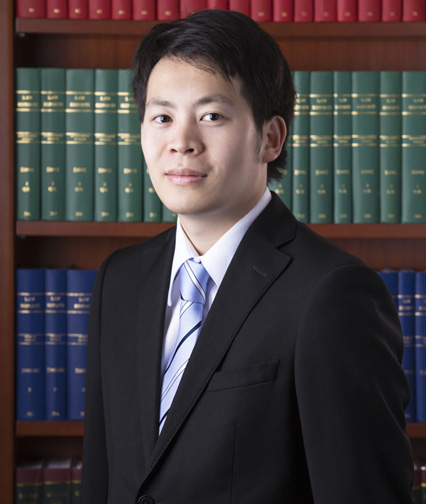HKSAR v Yeung Ka Sing, Carson (楊家誠)
FACC Nos. 5 & 6 of 2015
As part of a global initiative to combat money laundering, it is of utmost importance that everyone is kept abreast as to the changes to the interpretation of anti-money laundering legislation to avoid pitfalls leading to imprisonment and permanent and possibly irreparable reputation damage.
This article seeks to identify the major conclusions which may be drawn from the case of HKSAR v Yeung Ka Sing, Carson.
The CFA Decision
In a nutshell, Yeung was convicted in the District Court of five charges of money laundering contravening section 25(1) of the Organized and Serious Crimes Ordinance (Cap. 455) (“OSCO”). He was said to have dealt with more than HK$720 million in five different bank accounts between 2001 and 2007. At the trial, the prosecution did not seek to prove that the monies were actual proceeds of crime. The prosecution case was merely that Yeung must have had reasonable grounds to believe that the monies in question were the proceeds of an offence. Yeung’s appeal to the Court of Appeal was dismissed. Yeung appealed to the Court of Final Appeal and the key issues were:-
- whether the prosecution has to prove that the accused dealt with actual proceeds of an offence;
- what is the correct formulation in considering whether a defendant had “reasonable grounds to believe” in the context of section 25(1) of OSCO; and
- whether, and if so how, the rule against duplicity applies in the context of a money laundering charge.
Held, dismissing the appeal:
- The prosecution only has to prove the defendant had reasonable grounds to believe that the property being dealt with was proceeds of crime;
- “Having reasonable grounds to believe” means that to convict, the jury had to find that the accused had grounds for believing; and there was the additional requirement that the grounds must be reasonable: that is, anyone looking at those grounds objectively would so believe;
- The rule against duplicity requires each count of charge to include one offence only. In the context of a money laundering charge, as long as the deposits in relation to the money laundering are connected in some way that they can be regarded as forming part of the same transaction or criminal enterprise then it will be legitimate to charge them in a single count unless there is a risk of injustice to the defendant. Accordingly, in this case the prosecution only has to bring one charge covering all such deposits instead of having hundreds of charges representing each individual deposit.
Actions to be Taken
To reduce risk of being innocently involved in money laundering and to immune oneself from liability under the laws, we advise the following actions to be taken:-
- conduct know-your-client procedures at the time of establishing a business relationship and maintain proper record-keeping system;
- carry out customer due diligence and enquire source of funding;
- appoint anti-money laundering officer to oversee and regularly review the internal mechanism;
- seek legal advice on the need to report any suspicious transactions to the authorities; and
- staff training on the updated legal requirements and to raise their awareness.
Conclusion
This case brings much clarity to the offence of money laundering and demonstrates the Court’s willingness to uphold the policy reasons behind such an offence. It is submitted by the author that the risks of money laundering has forced institutions to put into place anti-money laundering policies which are somewhat bureaucratic and time-consuming. Most notably, banks worldwide are exercising extreme caution in assisting their potential clients in opening new bank accounts but this is the price we pay for a cleaner and better society.





